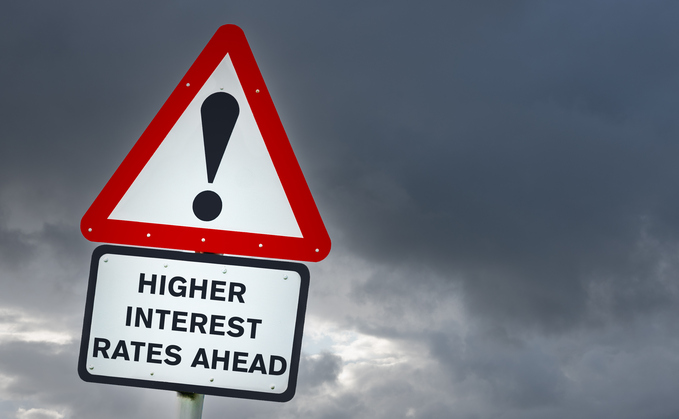
The consensus expectation is that the the US will fall into a recession in the second quarter of next year and drag the rest of the global economy with it.
Speaking at the latest in Professional Adviser's series of Working Lunches, Abrdn head of investment Darren Ripton provids a macro-markets perspective, outlining what Abrdn expects the direction of travel to be and the factors contributing to the recession.
Ripton began by highlighting the top three concerns of fund managers, which are: inflation, hawkish central banks and their reaction function as well as the global recession that is "likely to lead from that reaction function".
Currently, headline inflation is 10.1%, while core inflation is around 6.5%, according to Ripton, who emphasises some of the key drivers over the last 12 to 18 months that have really pushed those inflation levels above the Bank of England's (BoE) mandate of 2%.
He said the impacts of the conflict in Ukraine had "really intensified those changes".
"So, the issues with supply of oil and gas and energy, and the not inconsiderable impacts on foodstuffs due to the high proportion of grains such as wheat and barley that have come from these regions, which are essentially the bread box of Europe."
The level of inflation that the average household is going to see over the next two to three years, peaked around October 2022 at between 10 and 11%, estimates Ripton.
From an energy price perspective, the government's "quite significant measures" to the limit of level of impact to households within the UK over the next six months has helped to maintain the inflation levels, he adds.
Ripton also points to "a very big pickup in the minimum wage" in the hospitality sector, which is ensuring that these prices are rising.
In addition, the level of unemployment in the UK has returned to pre-pandemic levels sorry while there is a big pickup in wage growth.
"Growth in wages or the expectation of that is one of the things that central banks get very, very worried about, because once that's in the consumer psyche, it's actually very difficult to put pressure on that to fall," he states.
There will likely be a reasonable pickup in the interest rates within the US, the UK and in Europe over the next year.
"I think the expectation within the research institute within Abrdn is that level of 3.5% just won't be high enough to actually curb the level of inflation that we're actually seeing out there at the moment. So it's our expectation is that rates will get to 4.25% or 4.5% by the middle of next year," Ripton explains.
He says that both the BoE and Abrdn's forecasts were "considerably lower" than market expectations for rates in the UK, which are at 4.6% to 4.7%.
Up until the third quarter of 2022, Abrdn expected the globe to avoid recession, but only marginally.
"And essentially, we expect the US to fall into recession in Q2 of 2023, and drag the rest of the global economy with it," says Ripton.
"The world is going into recession next year is pretty much where the consensus expectation actually is."














